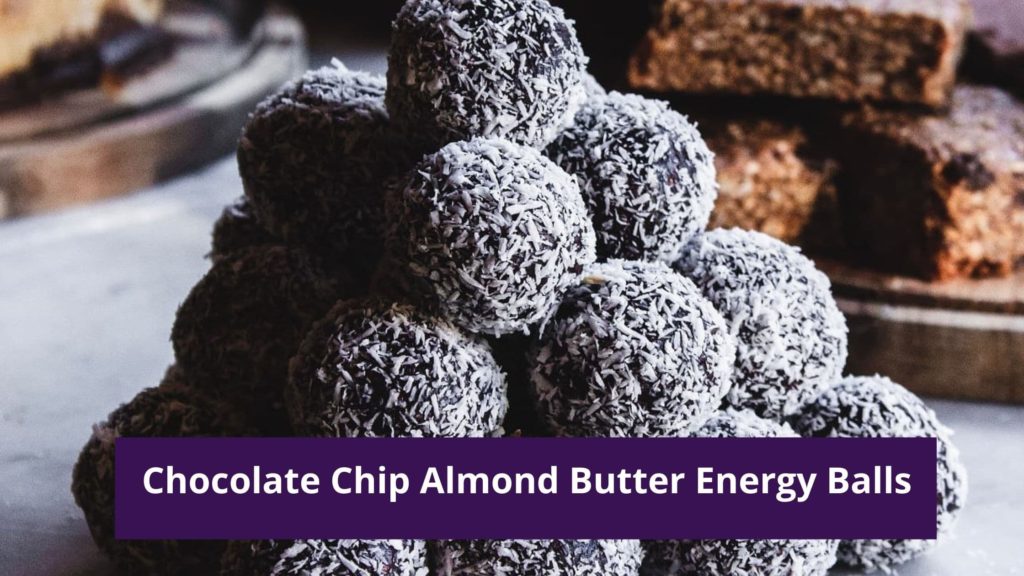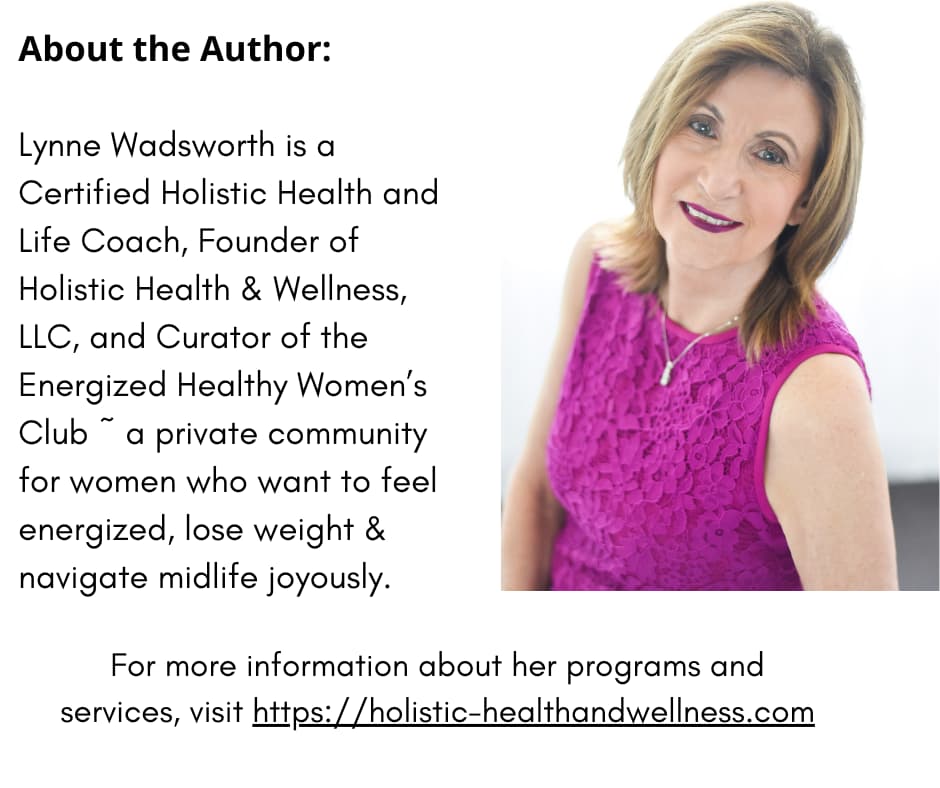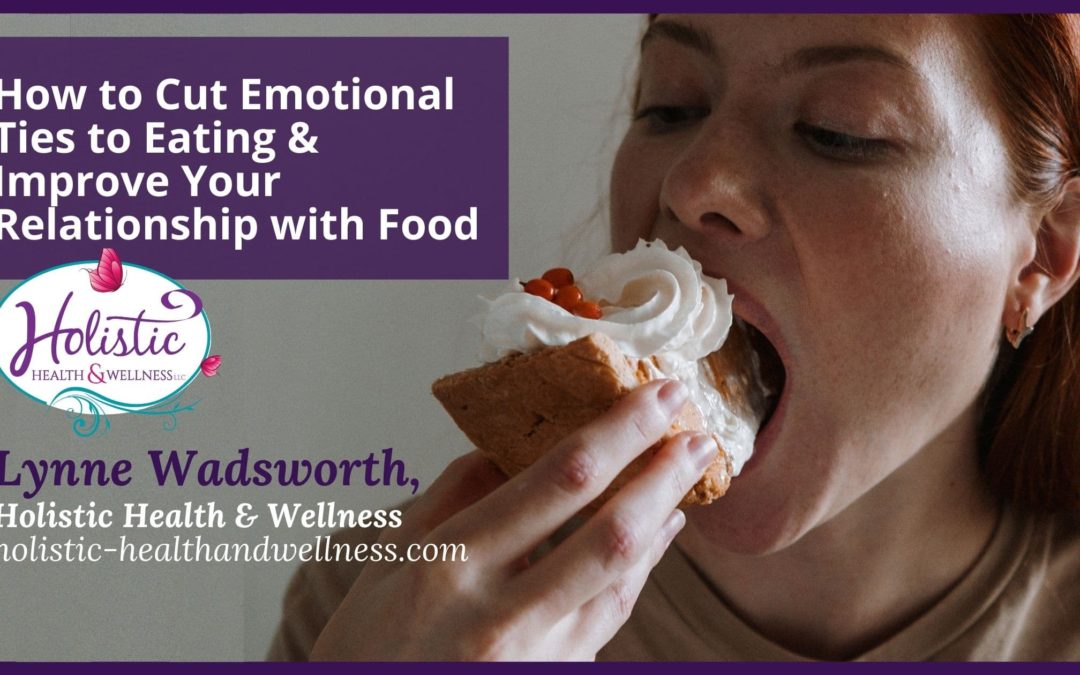We all know it: Food is a necessity.
It’s important to nourish our bodies with nutritious fuel to thrive. But many times we feed ourselves for reasons other than nourishment.
I’ve been in that cycle. It can be tough to stay on track and difficult to always make the best choices for our health, especially in times of high stress.
When we’re going through stressful times, it’s easy to ignore underlying issues that can lead to emotional eating.
We all want to cultivate a healthy relationship with food and to be in complete control of our emotions around food, gaining ‘food freedom’ along the way.
Let me ask you:
- Are you tired of feeling like a slave to your plate?
- Are you tired of feeling out of control in your relationship with food?
- Is eating your way of coping with your feelings?
- Do you get stuck in an unhealthy cycle of feeding your feelings with food and not facing what’s really bothering you?
- Are you an emotional eater?

Does any of this sound familiar:
- You hit the snooze button one too many times setting your day off all wrong
- You get to work and never feel like you’ve got it under control and get a last-minute project thrown at you to stress about
- You sat in an hour of evening traffic
Finally home, you breathe a sigh of relief, head into the kitchen, and without thinking, get yourself a snack – after all, you deserve it after the nightmare of a day you’ve had. You reach for a few crackers. Then, a bit of chocolate. Maybe a nice glass of wine to help take the edge off.
Before you know it, you’ve munched your way through the entire kitchen pantry without eating a proper meal.
-or-
How many times have you grabbed a pint of ice cream when you wanted to watch a sappy movie and have a good cry?
We’ve all experienced the need for ‘comfort foods’ at some point or soothed tension and stress with choices that don’t support our health goals.
Using food to meet emotional needs, as opposed to nourishing your physical hunger, is called emotional eating.
How to Identify Emotional Eating

Feeding emotional hunger may make you feel better for a while. Very soon after, the guilt sets in, the disappointment in your lack of control will creep up, and most importantly, the original issue is still there, growing and festering.
Of course, there’s no reason to deny yourself the opportunity to celebrate a special occasion or to treat yourself to a favourite food as a reward. We can’t live our whole lives without allowing ourselves a little indulgence.
The issue of emotional eating lies beyond these infrequent instances, in our daily routines, and in our mindset.
Here are 3 of the most common trademarks of emotional eating:
- Binging – usually on high-sugar and carbohydrate-rich comfort foods (i.e. junk food). How many people do you know who reach for avocado and apples when they’re upset?
- Mindlessly eating – you’re not aware of what or how much you’re eating or how those foods are making your body feel
- Eating to numb, soothe, please, relax, or reward: “I had a bad day and deserve it” kind of thinking. Eating during these times provides temporary relief, but often leaves you feeling worse than where you started!
I remember like it was yesterday when my mum passed away. For months and months, I ate everything in sight – usually chocolate or the candy mum and I had enjoyed together when I was visiting her. Even armed with all the experience I have, it took me “a minute” to recognize I was eating to numb my pain.
The trouble with emotional eating is that it overrides your body’s natural hunger cycle and can promote things like:
- weight gain
- an increase in your risk for inflammation and chronic disease
- creating an unhealthy relationship between you and food
- leading to more dangerous types of disordered eating
Ask yourself these questions to help you identify if you’re eating to satisfy your emotional or stressed-out state:
- Do you eat when you’re not hungry?
- Do you eat when you’re anxious?
- Do you eat when you’re bored?
- Do you continue to eat when you’re full?
- Do you eat to change your mood?
- Do you eat when you’re alone?
- Do you frequently overeat?
- Do you reward yourself with food frequently rather than occasionally?
- Does food comfort you and make you feel safe?
What Triggers Emotional Eating?

Even though it’s called “emotional eating” because people often reach for food to cope with their feelings, there are other non-hunger reasons that can prompt you to eat.
Some common non-hunger reasons include:
● Uncomfortable emotions (anger, guilt, fear, and sadness)
● Stress
● Boredom
● Need to feel pleasure and/or comfort
People eat for all sorts of reasons other than feeling physically hungry.
The good news is, emotional eating doesn’t have to get the better of you!
The first step to overcoming emotional eating is being aware that you’re doing it and recognizing what triggers your emotional eating in the first place.
What’s the difference between emotional and physical hunger?
There are several ways to check in with yourself and see what type of hunger you’re actually experiencing.
► Emotional hunger presents itself suddenly, while physical hunger gradually increases over time.
►Emotional hunger generally craves comfort foods, while physical hunger leaves you hungry for anything that will satiate your hunger.
►Emotional hunger tends to present itself as a craving you can’t stop thinking about, while physical hunger causes discomfort.
►Emotional hunger typically results in feeling guilty or shameful, while eating for physical hunger results in feelings of satisfaction.
It can sometimes be difficult to differentiate between the two, which is why it’s important to understand these cues and learn how to tune in and listen to what your body is telling you.
►What do you generally crave when your emotions are fueling your “hunger”?
►What feelings do you have after you indulge in your cravings?
►What healthy options can you substitute for the foods you crave?
It’s time to get honest here. What fuels your fire? What desires do you have for your life? Is what you’re doing now going to get you there? Knowing your “why” is an incredible motivator to reach your goals.
My motivating factor for living a healthy lifestyle is first and foremost my health. Keep these motivations close to you during your journey, as they’ll be a constant reminder of your end goal: a healthy relationship with food and your body.

6 Tips to Help You Get a Handle on Emotional Eating…for good!
- Have a non-food outlet to process uncomfortable feelings
- Try journaling, exercising, or talking to a trusted friend or counselor
- Manage stress
- Exercise, meditation, deep breathing, getting enough sleep, and not taking on more than you can realistically handle can help decrease stress levels.
- Recognize boredom
- Call a friend, take a walk, pick up a book, or tackle a DIY project or hobby you’ll enjoy when you know boredom is likely to strike.
- Practice self-care
- Pamper yourself with a bubble bath, manicure, or curl up with a good book – whatever makes you feel good!
- Practice mindful eating
- Avoid distractions at meals. Your focus should be on the food in front of you.
- Eat slowly, chew, and savour each bite. This helps give your body time to receive the signal from your brain when it’s full.
- Stop eating when you feel full.
- Eat a balanced diet
- The majority of your diet should be nutrient-dense whole foods.
- Allow for occasional treats and indulgences so you don’t feel deprived.
- Include protein, fibre, and healthy fat at each meal to promote satiety.
Learning to recognize your triggers for making unhealthy decisions is an important step in changing your habits.

Pro Tip: A Food Diary will help you recognize your patterns and learn how to change them. Begin by using it daily. Check-in with yourself and evaluate your feelings before and after each meal. Keep track and study your habits and patterns.
If you don’t have a food diary, email me. I’m happy to send you one.
The good news is, you don’t have to give up on all of the indulgences you love. There’s always a healthier version. Check below for my alternative recipes to help you “get your sugar fix” without all the emotional baggage. So instead of reaching for that pint of ice cream or that indulgent dessert, keep some of these delicious treats in the fridge.
Now it’s your turn…
- Are you an emotional eater?
- Do you know what triggers you?
- What will you try?
If you’d like some help moving beyond emotional eating and creating a more healthy relationship with food and a more loving one with your body, I’d love to help.
E-mail me at lwadsworth@verizon.net to schedule your FREE ‘Healthy Living’ Breakthrough Call.
Recipe
These energy balls feel like an indulgent snack, but are made from whole food ingredients and contain a bit of protein, healthy fat, and fibre to keep you fuller longer.
Chocolate Chip Almond Butter Energy Balls

Ingredients:
• 1 cup natural almond butter (or other natural nut butter)
• ½ cup coconut flour
• ½ cup dark chocolate chips
• ¼ cup maple syrup
• Pinch of sea salt
Preparation:
- Combine all ingredients in a medium mixing bowl, stirring until smooth. If mixture is too thick, add 1 tbsp of water at a time to help the mixture come together.
- Scoop 1 tablespoon of the mixture and use your hands to roll into a ball. Repeat with remaining mixture.
- Store energy balls in an airtight container in refrigerator up to 1 week.



So many awesome tips here and the Food Diary has made a massive difference in my life – helps me stay on track with my food and make wiser choices for my health more often. Thank you!
Thank you, Andrea. I agree. Some type of food diary makes a huge difference. Such a great accountability tool. Thanks for sharing your thoughts.